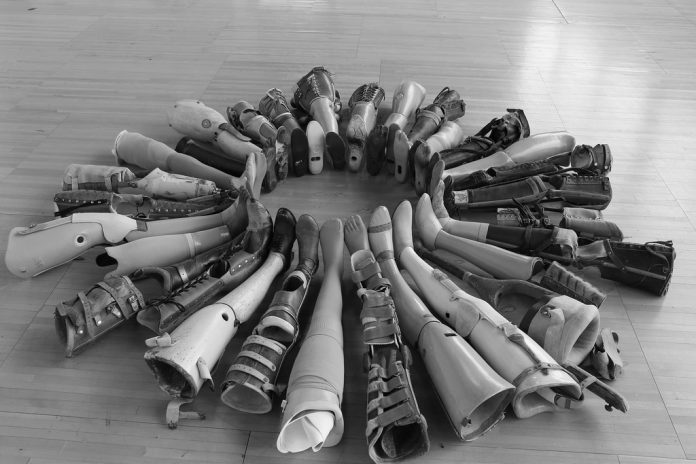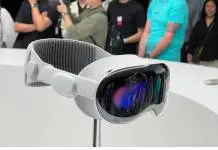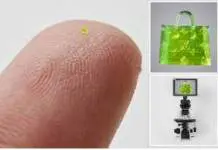
Prof. Hugh Herr of MIT’s Biomechatronics Group told the BBC over the weekend that “we’re at a key transition in human history.” The scientist says advancements in surgical amputation procedures will make way for people willingly upgrading their bodies with technology.
The researcher and double amputee himself believe there is another side of the coin to the everlasting question of what will happen when robots take over and overthrow humans. Herr thinks humans will decide to become cyborgs themselves before that scenario looks plausible.
Others, however, are not as optimistic. Elon Musk is investing in a neural lace interface to upgrade human capacities at a brain level, but his mission to send human settlers to Mars is a backup plan in case artificial intelligence indeed takes over the Earth.

Surgical amputations are changing to focus on advanced prosthesis
Earlier this week, a team under the leadership of Prof. Hugh Herr published a study detailing a new surgical procedure for limb amputations that is focused on improving neural connections to the prosthesis.
Amputees can regain the feeling of having their own natural limbs even if what they have is really an artificial attachment. It is a small change, but by connecting healthy nerve ends, muscle grafts, and more to the prosthetic limb, people can feel their placement and pressure.
By creating “the right mechanical and electrical interfacing” at a surgical level, doctors can ensure that amputations are future-proof and that people can get back the true feeling of being fully limbed. The procedure works in prospective patients and people who have lived as amputees for a long time.

Advanced prosthesis makes all the difference in people’s ability to move, handle objects, and maintain balance; all basic functions that humans with no disabilities take for granted but that are quite hindered for amputees.
Humans will willingly enhance their bodies soon
Prof. Herr believes that, as these procedures become more commonplace, the costs of robotic components will go down and the high-price paradigm of current prosthetic limbs will vanish.
This, in turn, will allow not only wealthy patients and donations recipients to get the benefit of a high-tech prosthesis, but also everyone else who suffers the perks of being disabled and not able to afford the treatment and solutions they need.
Moreover, once people realize the tremendous potential of advanced robotic limbs and components, a new market might open up for people willing to have other parts of their bodies replaced or enhanced in order to get on par with future AI machines.
This adoption, Herr says, is what will make the difference tomorrow when robots walk among us. We might share the same pair of bionic legs they use to walk, with the added benefit of enhanced senses to make sure we are still in control at the end of the day.
Source: BBC










